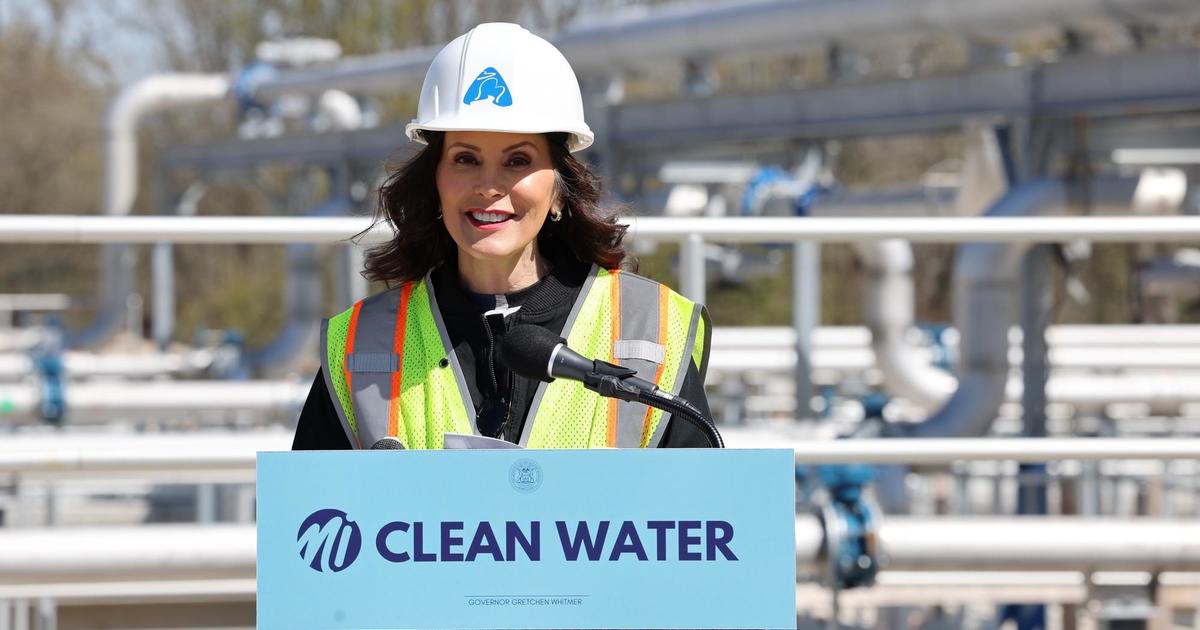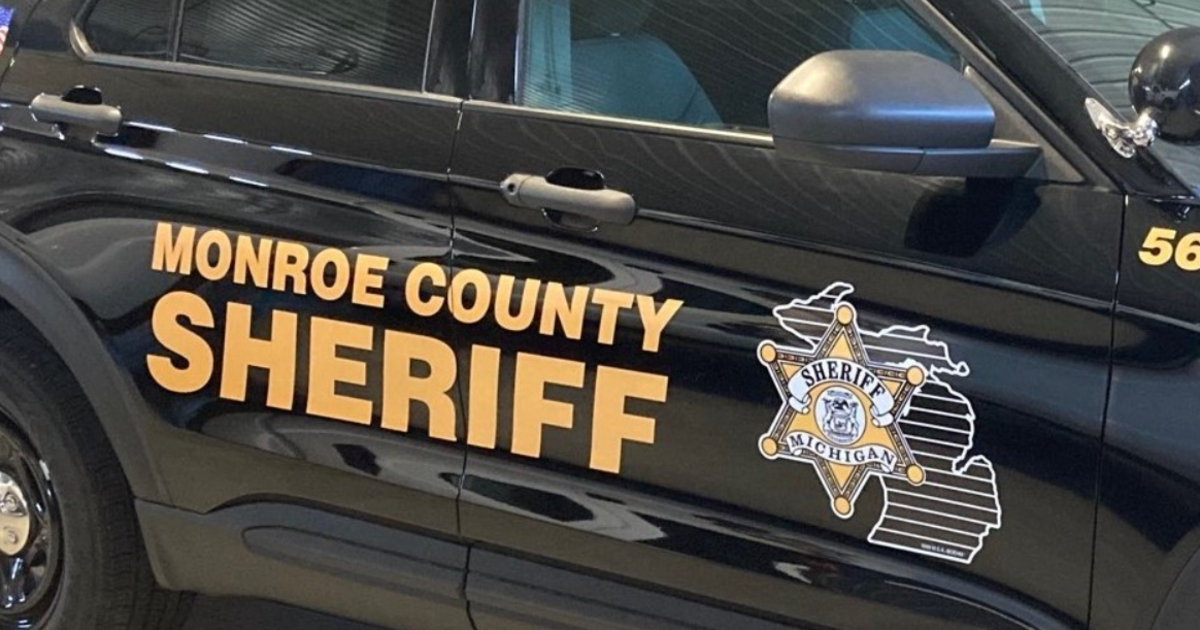Drug Distributor McKesson Agrees To Pay $150 Million In Pill Shipment Case
DETROIT (WWJ/AP) - A major California-based drug wholesaler has agreed to pay $150 million to settle allegations that it failed to detect and report pharmacies' suspicious orders of prescription pain pills, federal prosecutors said Tuesday.
The settlement commits San Francisco-based McKesson Corp. to a multi-year suspension of sales of controlled substances from distribution centers in Colorado, Ohio, Michigan and Florida. It also imposes new and enhanced compliance requirements on McKesson's distribution system.
The suspensions are among the most severe sanctions ever agreed to by a Drug Enforcement Agency-registered distributor, according to a statement by the U.S. Justice Department.
"In light of the growing epidemic of opioid addiction and overdose deaths, drug companies have a duty to detect suspicious orders for prescription pills that could end up in the wrong hands," U.S. Attorney for the Eastern District of Michigan Barbara McQuade said in a statement. "Drug distributors cannot profit from addiction."
In 2008, McKesson agreed to a $13.25 million civil penalty for similar violations.
Chairman and CEO John H. Hammergren said in a statement that McKesson is "committed to tackling this multi-faceted problem in collaboration with all parties in the (prescription drug) supply chain."
According to the settlement, a former McKesson distribution facility in Landover, Maryland, allegedly routinely failed to report suspicious orders of placed by routine pharmacies from 2008 to 2012 in violation of the Controlled Substances Act.
One of those pharmacies was Judy's Drug Store in West Virginia's Grant County. The pharmacy settled a federal investigation for $2 million and that led to the investigation of McKesson.
Prosecutors said McKesson did not fully apply or adhere to a compliance program that it designed after the 2008 settlement to detect and report suspicious orders to independent and small-chain pharmacy customers.
For example, McKesson process more than 1.6 million orders for controlled substances in Colorado from 2008 to 2013 but reported just 16 orders as suspicious, the settlement noted. It said all of those suspicious orders were tied to one instance of a customer who was recently terminated.
TM and © Copyright 2017 CBS Radio Inc. and its relevant subsidiaries. CBS RADIO and EYE Logo TM and Copyright 2017 CBS Broadcasting Inc. Used under license. All Rights Reserved. This material may not be published, broadcast, rewritten, or redistributed. The Associated Press contributed to this report.



